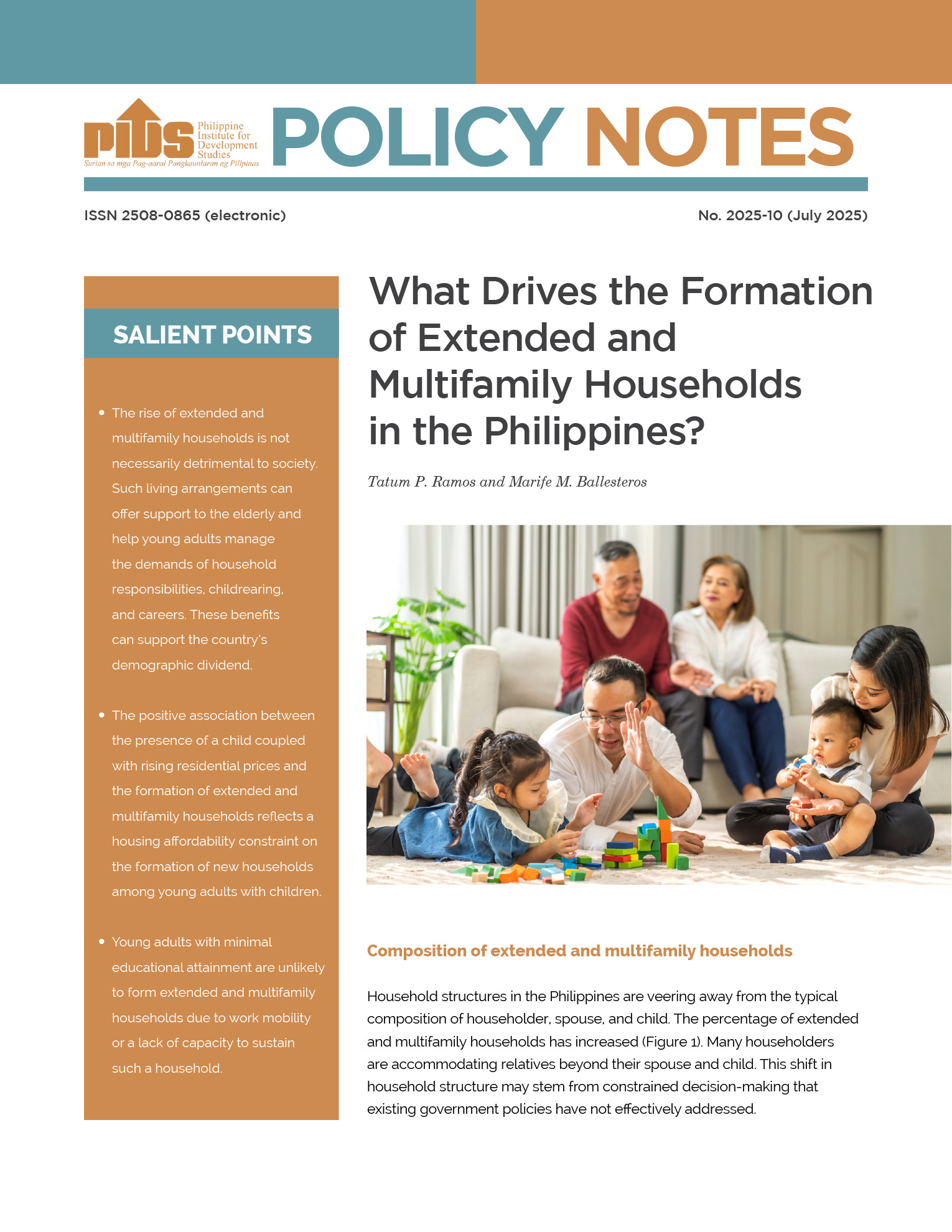MANILA - Coordination among agencies and proper project planning - not ample financing - are keys to the success of the Duterte administration's massive infrastructure push in the next six years, according to bankers and a state-run think tank.
Ed Francisco, BDO Capital and Investment, cites some of the reasons for their saying so: "We had more funding than we needed then. The problem that we always had then was we were not disbursing the borrowings, we would be paying fees, loan fees, pero di natin nagagamit [but we were not using them]. The choke point has always been there are not enough projects. From the private sector our complaint was, it's not coming out fast enough.
Francisco said banks have enough money and are more than willing to invest in infrastructure projects rather than tapping the Bangko Sentral ng Pilipinas's term deposit facility or TDF, where excess funds usually find their way.
"As a banker, how much is TDF . . . 2.9-3 percent. I would rather lend that money for a productive project, like, develop roads, bridges, hospitals, healthcare so that at least [there's a] benefit rather than just giving it to the government [where it's just on] time deposit for 3 months, 3 years or 5 years," Francisco said.
Dr. Adoracion Navarro of the state-run think tank Philippine Institute for Development Studies (PIDS) agrees that banks are better off investing extra cash in roads and bridges rather than government securities that may lead to overvaluation.
"There's still a lot of excess liquidity in the market, banking sector. If this will persist it's like too much capital chasing too few investment opportunities and it could lead to over-valuation. probably excessive risk-taking in some sectors wherein it's clearer where the investment opportunities are.
Experts say what slows down the implementation of projects is inadequate research capacity to pinpoint what infrastructure needs to be given priority
"We will see that there is weakness in project planning in the project development stage and this is the stage prior to the actual bidding process. Definitely there's a lot of capacity building needed for national government agencies and LGUs when it comes to project preparation," Navarro said.
This is why the idea of emergency powers so the President can speed up transport infrastructure projects to resolve traffic woes also sits well with bankers, according to Francisco.
"I like the idea of them having emergency powers because sometimes in the old administration they didn't like unsolicited bids, now they are willing to entertain it; so if there's an unsolicited bid it will still go through the process but they can get it out fast because we need to develop the infrastructure," he added.
With the availability of funds, what President Duterte's economic team needs to do is speed up developing feasible projects to get these going.
Ed Francisco, BDO Capital and Investment, cites some of the reasons for their saying so: "We had more funding than we needed then. The problem that we always had then was we were not disbursing the borrowings, we would be paying fees, loan fees, pero di natin nagagamit [but we were not using them]. The choke point has always been there are not enough projects. From the private sector our complaint was, it's not coming out fast enough.
Francisco said banks have enough money and are more than willing to invest in infrastructure projects rather than tapping the Bangko Sentral ng Pilipinas's term deposit facility or TDF, where excess funds usually find their way.
"As a banker, how much is TDF . . . 2.9-3 percent. I would rather lend that money for a productive project, like, develop roads, bridges, hospitals, healthcare so that at least [there's a] benefit rather than just giving it to the government [where it's just on] time deposit for 3 months, 3 years or 5 years," Francisco said.
Dr. Adoracion Navarro of the state-run think tank Philippine Institute for Development Studies (PIDS) agrees that banks are better off investing extra cash in roads and bridges rather than government securities that may lead to overvaluation.
"There's still a lot of excess liquidity in the market, banking sector. If this will persist it's like too much capital chasing too few investment opportunities and it could lead to over-valuation. probably excessive risk-taking in some sectors wherein it's clearer where the investment opportunities are.
Experts say what slows down the implementation of projects is inadequate research capacity to pinpoint what infrastructure needs to be given priority
"We will see that there is weakness in project planning in the project development stage and this is the stage prior to the actual bidding process. Definitely there's a lot of capacity building needed for national government agencies and LGUs when it comes to project preparation," Navarro said.
This is why the idea of emergency powers so the President can speed up transport infrastructure projects to resolve traffic woes also sits well with bankers, according to Francisco.
"I like the idea of them having emergency powers because sometimes in the old administration they didn't like unsolicited bids, now they are willing to entertain it; so if there's an unsolicited bid it will still go through the process but they can get it out fast because we need to develop the infrastructure," he added.
With the availability of funds, what President Duterte's economic team needs to do is speed up developing feasible projects to get these going.












